Paradiso Canto 6
OVERVIEW
Scott Moore is an Associate Professor of Great Texts and Philosophy at Baylor University. His research examines Iris Murdoch, Wendell Berry, agrarianism, and religion and politics, and he is the author of How to Burn a Goat: Farming with the Philosophers.
Questions for Reflection
- In his early philosophical treatise Convivio, Dante identifies each heavenly sphere with one of the traditional liberal arts. In the heaven of Mercury, Dante is in the heaven of logic or dialectic. Why discuss imperial politics in the heaven of dialectic or logic?
- Dante discusses politics in each of the sixth cantos. How do they build on each other to give us a picture of how Dante thinks politics go wrong and can be redeemed?
- Why does Justinian’s self-designation in line 10 switch between past and present tenses? What does this tell us about the continuity between earthly and heavenly lives?
- “Differing voices make sweet music. Just so our different ranks in this our life create sweet harmony among these wheels” (6.124-126). How is the cosmic arrangement a manifestation of justice and mercy (118-120)? Is there a way of reading a political theology off of Dante’s vision here? What are the dangers of doing so?
DETAILS
- Dr. Scott Moore
- Baylor University
- Run Time 10:29








